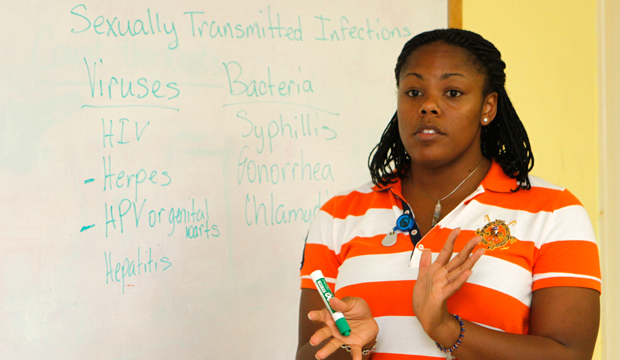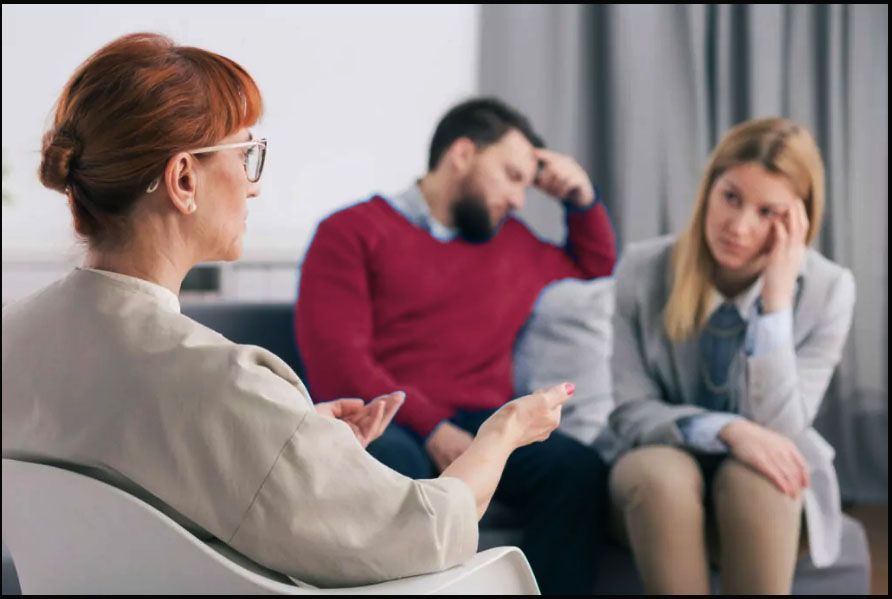
Laws vary drastically between states about how to define the rights of a married couple, or whether the union may even be considered a marriage. The definition of marriage used to be simple as “holy matrimony between one man and one woman,” but times are changing.
Sex Education used to also be simple, provided that one man and one woman waited until they were married to have sex. These days of black and white definitions no longer exist. America as it used to be, if this scenario ever truly existed, has become a mass of sexual variety.
Teenagers in particular have been leading different lives in high school. A decade ago it was rare to see two girls holding hands while walking down a hallway. Now however, that is more common. Plus, some students have four parents attend parent teacher conferences, not because their parents are divorced, but because they are polyamorous and live together. Other students were raised by two mothers or two fathers and want to be accepted by their peers as much as any other teen.
Yet, when studying sex education in school, how do these particular students relate to traditional content if they are being raised within a LGBTQ home? Are they ostracized or left out of discussions if their LGBTQ Family no longer fits the political stereotype of a marriage? Quite often these students’ perspectives shed additional insight to relationships, tolerance, and communication about sexual choices. Parents who are confident about their own sexuality often vocalize options and talk about making healthy decisions with their children.
Offering a comprehensive sex education program in Michigan public schools makes sense. Teaching tolerance of homosexuality and answering questions about it during adolescence would provide families a springboard discussion topic to either support the concepts with biological facts or share their religious ideals with their children at that time. Communication and respecting the beliefs of others really does radiate in all directions during such important topics as sex education.
However, what do you think? These are simply some observations of a mid-Michigan, Christian teacher who has noticed changes over the years in her student populace. Should sex education include LBGTQ topics or issues?



